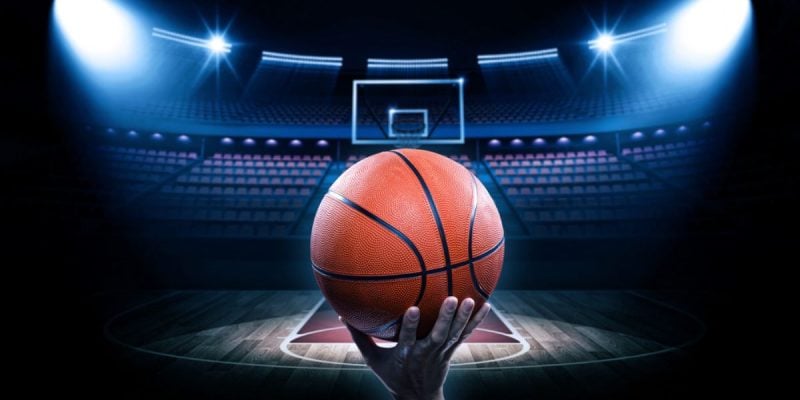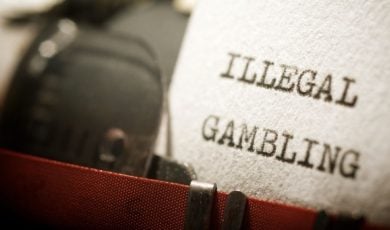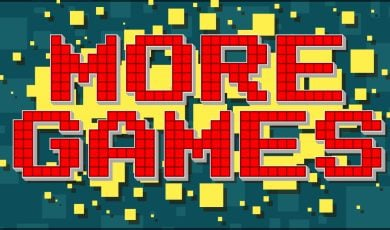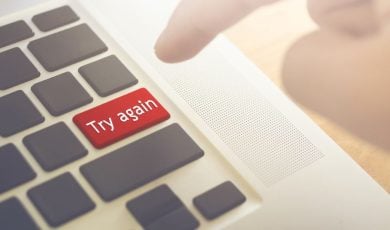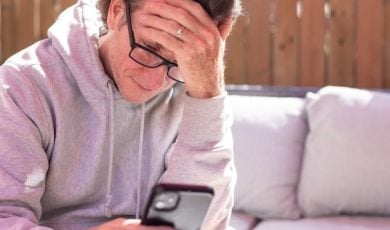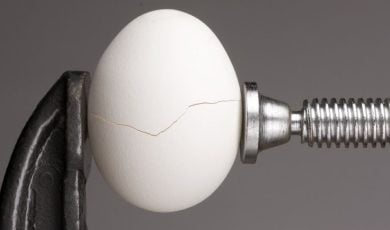The NCAA has revoked the eligibility of six men’s college basketball players following separate investigations that uncovered cases of game-fixing and betting-related misconduct at three universities. The decisions involve athletes from the University of New Orleans, Mississippi Valley State University, and Arizona State University.
NCAA investigators allege that the players deliberately underperformed to affect game results and shared inside information with known bettors. Some also refused to cooperate with enforcement staff during the investigation. The action is among the NCAA’s most severe disciplinary measures this season. It follows last month’s NBA gambling scandal, in which 34 people were arrested and charged with illegal sports betting and poker games.
NCAA identifies misconduct across three universities
The NCAA released three separate infractions decisions involving the University of New Orleans, Mississippi Valley State University, and Arizona State University. The cases centered on six athletes:
- New Orleans: Cedquavious Hunter, Dyquavian Short, and Jamond Vincent
- Mississippi Valley State: Donovan Sanders and Alvin Stredic
- Arizona State: Chatton “BJ” Freeman
Investigators concluded that several athletes attempted to influence game outcomes, including efforts to have their teams lose by larger margins than expected. Others provided inside information to outside bettors and individuals who used the details in fantasy sports accounts.
The NCAA also noted that some players refused to participate in interviews and failed to respond during the investigation. All six athletes have been declared permanently ineligible and are no longer enrolled at their former schools.
The University of New Orleans said its employees were unaware of the alleged misconduct and reaffirmed its commitment to integrity in sports. Mississippi Valley State University said it may use the case to enhance its sports-wagering policies and educate student-athletes about NCAA rules. Arizona State University has not yet commented.
Alleged game-fixing and betting activity explained
The NCAA said the three cases are separate and unrelated.
University of New Orleans
The NCAA Committee on Infractions found that three players at New Orleans were involved in a plan with outside bettors. A student-athlete reported overhearing Cedquavious Hunter, Dyquavian Short, and Jamond Vincent discuss a bet before their Dec. 28, 2024, game against McNeese State.
During a late timeout, Short allegedly told a teammate not to score any more points. Investigators found text messages referring to a $5,000 payment and instructions to lose by a larger margin than the spread. All three players were linked to seven games in which performance patterns supported the allegations.
Mississippi Valley State
Mississippi Valley State came under scrutiny after an integrity monitoring service flagged unusual betting activity on Jan. 6, 2025, when wagering exceeded normal levels by more than three times.
Attention turned to Donovan Sanders after a student-athlete reported overhearing him discuss throwing a game before the Dec. 21, 2024, matchup. Sanders allegedly tried to recruit the athlete into the scheme, but the offer was declined. In a second interview, Sanders confirmed that Alvin Stredic had been offered money to underperform in the first half of the Jan. 6 game.
Both athletes also provided inside information to individuals intending to place bets.
Arizona State
At Arizona State, Chatton “BJ” Freeman admitted sharing personal performance information with Mykell Robinson, a Fresno State player, who used it for daily fantasy sports wagers. Freeman also passed private team news to his girlfriend on at least two occasions before games. Investigators said the findings showed a combination of spread manipulation, prop-bet activity, and fantasy sports wagering.
Rising scrutiny on sports betting in college athletics
These revelations follow last month’s arrest of more than 30 current and former men’s basketball players as part of an FBI investigation into illegal sports gambling and poker games. All arrested individuals face gambling-related charges.
Recent events have intensified scrutiny of illegal sports betting in the U.S. Sen. Richard Blumenthal has proposed the SAFE BET Act, which would prohibit athlete prop bets and increase federal oversight of sports betting.
Meanwhile, the NCAA recently approved a rule that will permit student-athletes and athletics-department staff to place bets on professional sports, effective Nov. 22. Betting on college sports, however, remains prohibited.
NCAA officials have emphasized that the rule will be paired with responsible gambling programs, including educational initiatives and resources to help athletes recognize and manage gambling risks.
Responsible gambling and compliance: Lessons from the scandal
The findings raise new concerns about the integrity of college sports amid growing legal sports betting access. They highlight how betting can influence athlete behavior and increase pressure on schools to strengthen oversight. The cases have also drawn greater scrutiny to the sports betting industry itself.
Regulators may slow online gambling expansion, tighten rules on prop bets, and enhance monitoring of betting data. Colleges could enforce stronger compliance systems, and athletes are likely to face closer scrutiny of their betting habits. In parallel, schools are expected to provide responsible gambling education and support, helping athletes manage potential risks associated with both professional and fantasy sports wagering.
Ongoing NCAA investigations could shape future policies across collegiate athletics and the broader gambling industry. It remains to be seen whether the proposed SAFE BET Act will pass.
